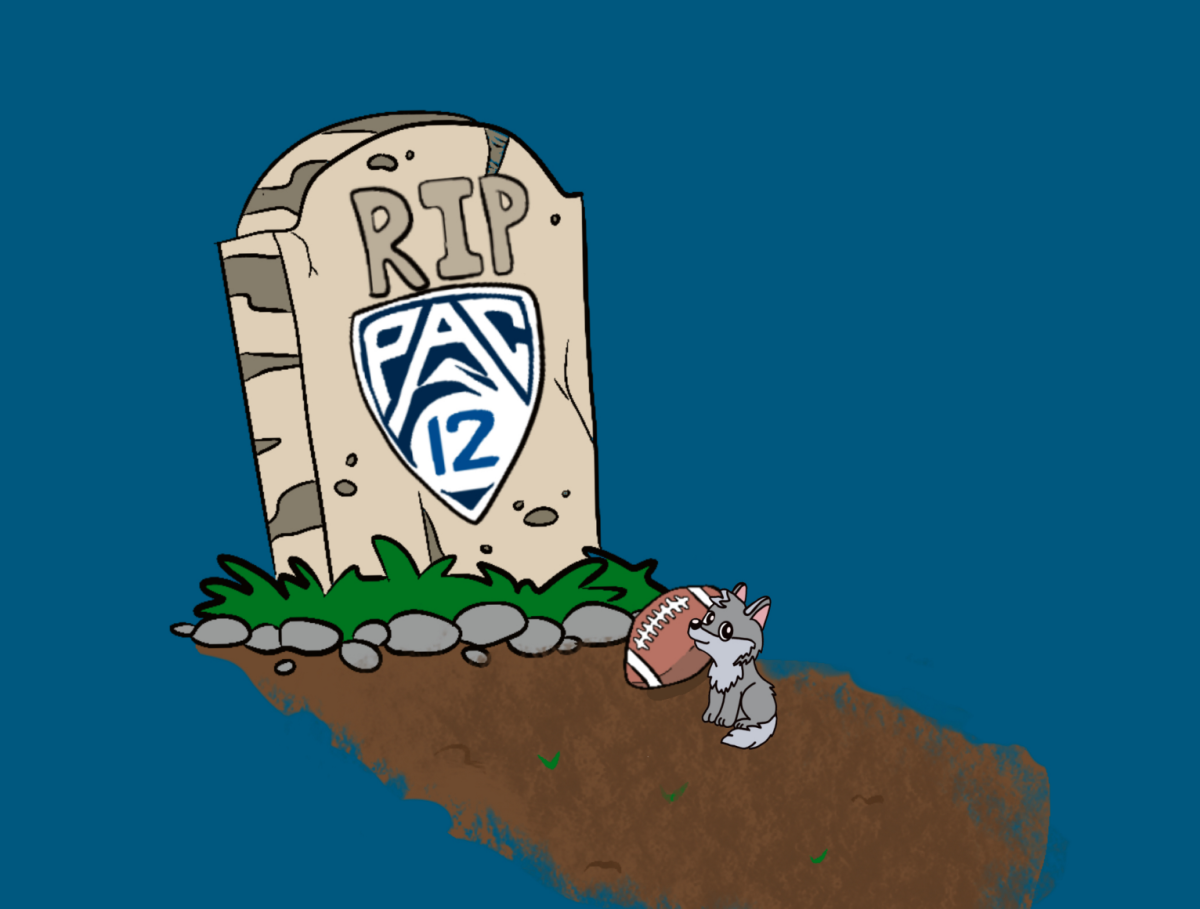The collapse of the collegiate athletic Pacific-12 conference is official.
All colleges aside from Oregon State University (OSU) and Washington State University (WSU) have officially moved to other conferences in the nation. Of the ones that moved, UCLA, USC, Oregon and Washington have decided to switch to the Big 10, and Arizona, ASU, Colorado and Utah have headed toward the Big 12. Additionally, Stanford and UC Berkeley have moved to the Atlantic Coast Conference (ACC). OSU and WSU are the only two left and are scheduling partnerships with the Mountain West Conference, where there’s a possibility of a Mountain West/Pac-2 merger, or they may just join the conference eventually.
What used to be the iconic Pac-12 since 1915 is now dissolved, and fans are left confused and shocked.
There are many financial aspects to the collapse. In 2022, the Pac-12 was able to sign a media rights deal with ESPN for $30 million per school but refused as it was thought to be too low, and instead asked for $50 million. That proposal was rejected and ended the negotiation. After some time, the Big 12 signed with ESPN and the Pac-12 struggled to connect with other networks.
Pac-12 Commissioner George Kliavkoff was waiting for some deal that eventually never happened, and as a result, schools such as Oregon, Colorado and Washington got frustrated and left to join other conferences that had big TV deals. Six of the ten schools left. This led to the Pac-12 becoming the Pac-4, then eventually the Pac-2 when Stanford and UC Berkeley left for the ACC for similar reasons.
Not much is certain about the deal with Mountain West; however, the teams will play other schools in the conference but are not eligible to play in the Mountain West Championship. For one year of this arrangement, each school will pay the conference $14 million, according to Yahoo Sports. Other athletic teams from the two schools will be affiliate members of the West Coast Conference in 2024-25 and 2025-26.
Tualatin High junior and varsity football player Calvin Evans shared his thoughts on this matter.
“I mean it’s pretty much all about the money,” Evans said. “Schools now with NIL need to pay their players more money if they want to be good, and to pay them more money, they need to go elsewhere. If the schools that left didn’t leave, they’d end up losing their best players, resulting in lower level football, resulting in less money and fewer TV deals.”
With the NCAA football season starting back up in August, things will look very different. Travel between schools will be tiring and difficult, and long-lasting rivalries will be missed. The demise of the Pac-12 is unfortunate and others should be careful if they plan to go down the same path.



